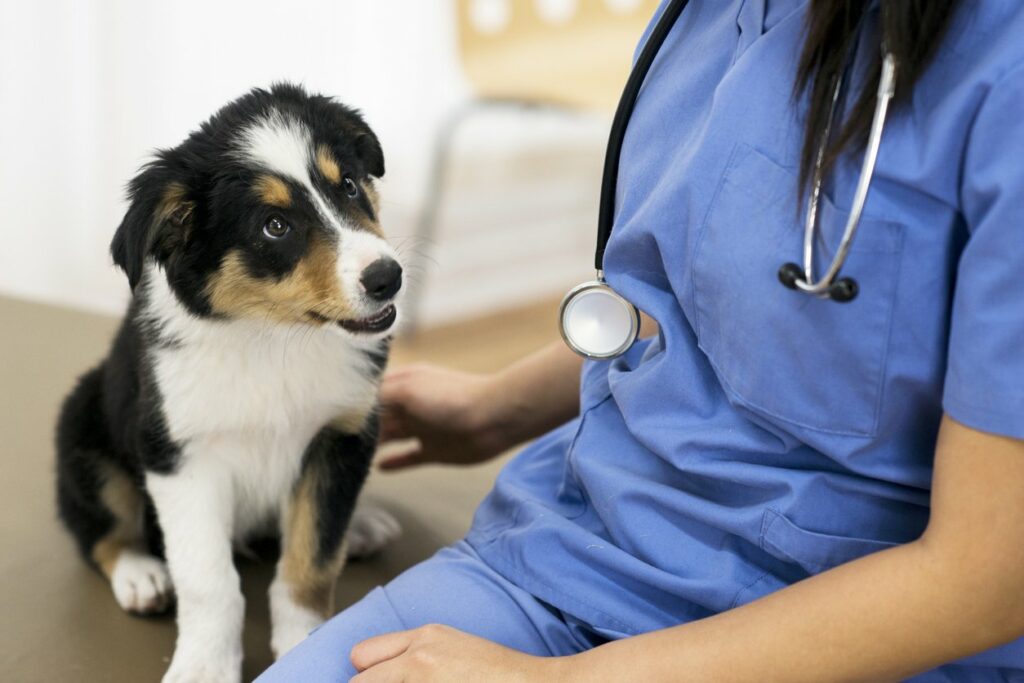Table of Contents
Regular veterinary check-ups are essential for maintaining your pet’s health and well-being. These routine visits help detect potential health issues early, ensure your pet is up-to-date on vaccinations, and provide valuable advice on nutrition and care. Understanding the benefits of regular vet check-ups can help you prioritize your pet’s health. Here are 10 crucial benefits of taking your pet for regular vet visits.

Early Detection of Health Issues
One of the most significant benefits of regular vet check-ups is the early detection of health problems. Routine exams allow veterinarians to identify and address issues such as dental disease, heart conditions, and diabetes before they become severe. Early treatment often leads to better outcomes and can prevent more serious complications. For more on early detection, visit ASPCA Routine Veterinary Care.
Vaccinations and Preventive Care
Regular vet visits ensure that your pet stays up-to-date on essential vaccinations, protecting them from various diseases. Veterinarians also provide preventive care, including flea, tick, and heartworm prevention, which is crucial for your pet’s health. For a vaccination schedule, see AVMA Vaccination Guidelines.
Monitoring Weight and Nutrition
Weight management is vital for your pet’s overall health. During check-ups, your vet will monitor your pet’s weight and provide dietary recommendations to ensure they maintain a healthy weight. Proper nutrition can prevent obesity-related issues such as diabetes and joint problems. For nutrition tips, visit PetMD Nutrition Tips.
Dental Health
Dental disease is a common issue in pets that can lead to more serious health problems if left untreated. Regular vet check-ups include dental examinations and cleanings to prevent periodontal disease and maintain your pet’s oral health. For more on dental care, see American Veterinary Dental College.
Parasite Prevention
Parasites like fleas, ticks, and worms can cause significant health issues for pets. Regular vet visits help ensure that your pet is protected through preventive treatments and regular screenings for parasites. For more on parasite prevention, visit CDC Parasites and Pets.
Behavioral Assessments
Behavioral problems can indicate underlying health issues or may require specific training and intervention. Regular check-ups allow your vet to assess your pet’s behavior and provide guidance on addressing any concerns. For behavioral tips, see ASPCA Dog Behavior Issues.
Age-Related Health Management
As pets age, they become more susceptible to certain health conditions. Regular vet visits help monitor your pet’s health as they grow older, ensuring any age-related issues are managed promptly. For tips on senior pet care, visit AKC Senior Dog Care.
Spaying and Neutering
Spaying or neutering your pet has numerous health benefits, including reducing the risk of certain cancers and preventing behavioral issues. Your vet can provide information on the best time to spay or neuter your pet and perform the procedure safely. For more on the benefits, see Humane Society Spay/Neuter Benefits.
Building a Relationship with Your Vet
Regular check-ups help build a strong relationship between you, your pet, and your veterinarian. This relationship is crucial for effective communication and trust, ensuring your pet receives the best possible care. For tips on choosing a vet, visit AVMA Choosing a Vet.
Conclusion: Benefits of Regular Vet Check-Ups
Regular vet check-ups are vital for maintaining your pet’s health and well-being. They offer early detection of health issues, ensure preventive care, and provide valuable guidance on nutrition and behavior. By understanding the benefits of regular vet check-ups, you can help your pet live a healthier and happier life. For more resources on pet health, visit our Pet Health Care section.
Frequently Asked Questions about Benefits of Regular Vet Check-Ups
How often should I take my pet to the vet?
It is generally recommended to take your pet to the vet at least once a year for a routine check-up. Senior pets or those with ongoing health issues may require more frequent visits. For more guidelines, visit PetMD Vet Visit Frequency.
What should I expect during a vet check-up?
During a vet check-up, your veterinarian will perform a physical examination, review your pet’s medical history, and may conduct blood tests, vaccinations, and dental checks. For more on what to expect, visit The Spruce Pets Vet Check-Up.
How can I prepare my pet for a vet visit?
To prepare your pet for a vet visit, ensure they are comfortable with being handled, use a carrier if necessary, and bring any relevant medical records or questions for the vet. For more preparation tips, visit ASPCA Vet Visit Tips.
Why is preventive care important for pets?
Preventive care, including vaccinations and parasite control, helps protect your pet from serious illnesses and infections. Regular check-ups and preventive treatments can save your pet from suffering and reduce long-term healthcare costs. For more on preventive care, visit AVMA Preventive Care.
What are the benefits of spaying or neutering my pet?
Spaying or neutering your pet can prevent certain cancers, reduce behavioral issues, and contribute to controlling the pet population. It also has various health benefits, enhancing your pet’s quality of life. For more on the benefits, visit ASPCA Spay/Neuter Benefits.










